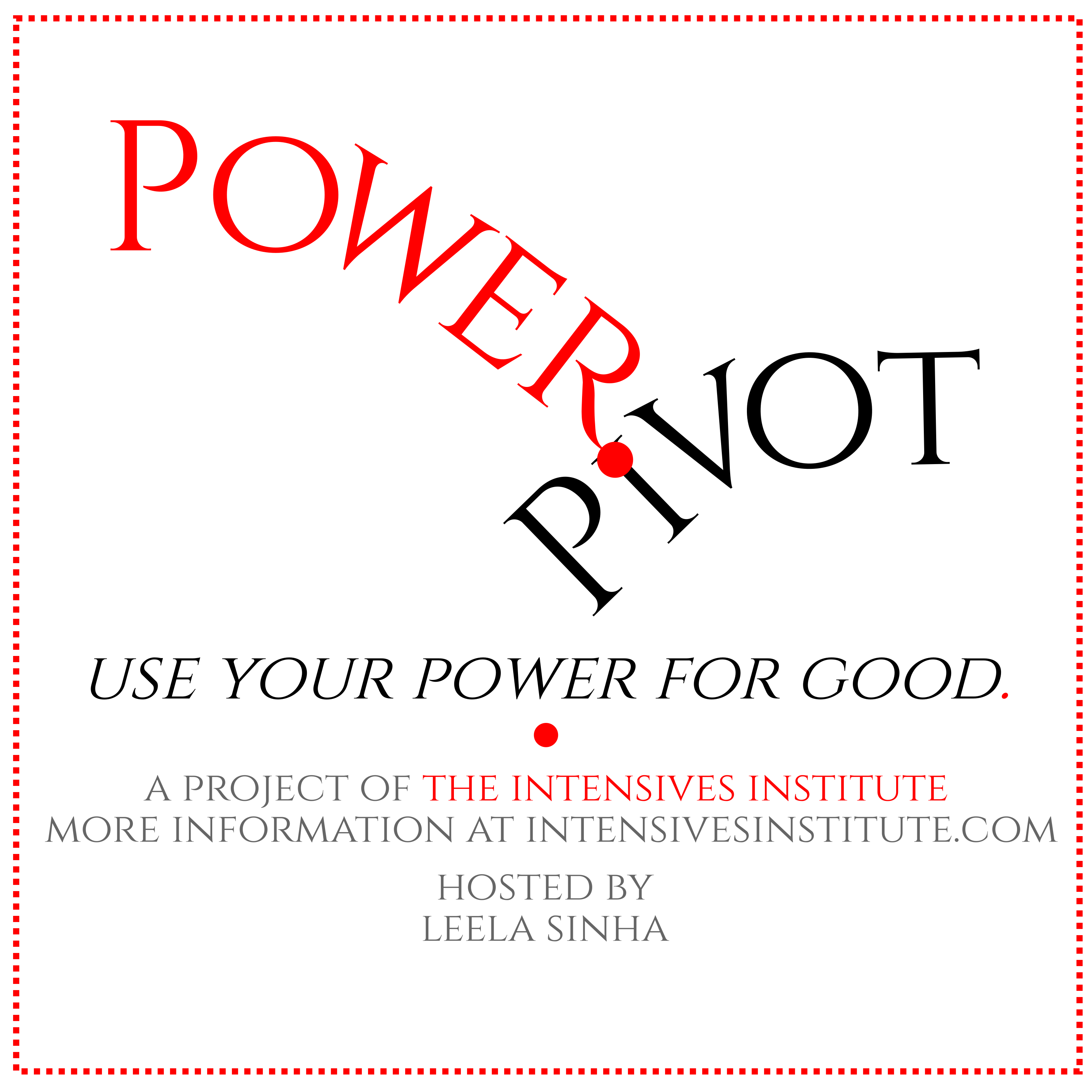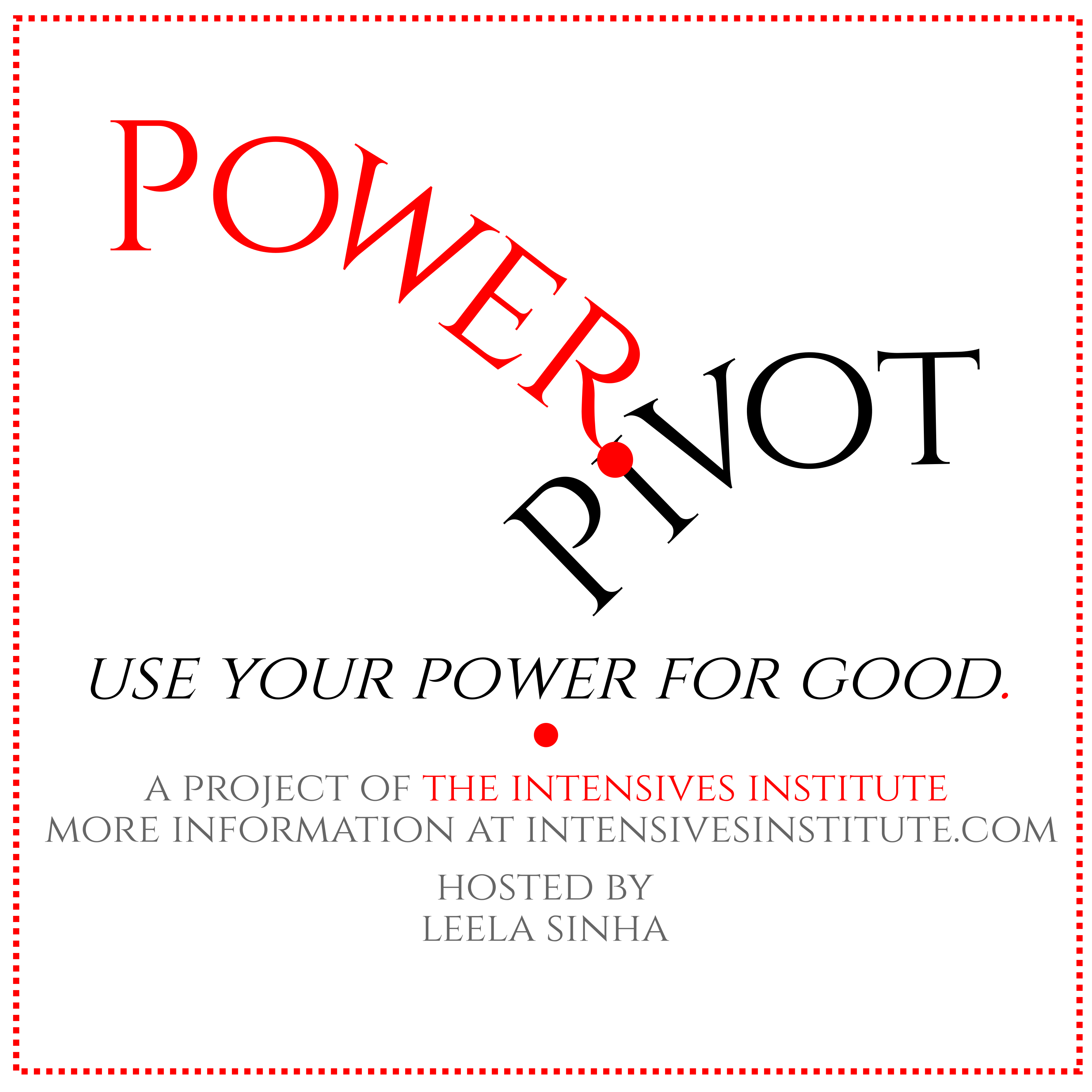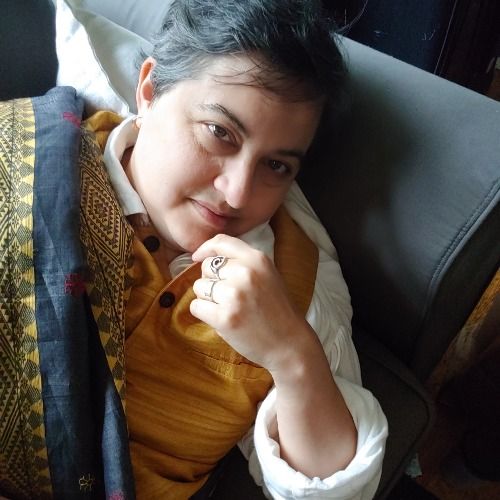Episode 1
But is it justice?
…
Transcript
Listen, y'all, this is not the way. When I woke up
Leela Sinha:this morning, and I saw that the Supreme Court had re-instituted
Leela Sinha:the death penalty, in the case of one of the Boston Marathon
Leela Sinha:bomber... people, I was horrified. I was horrified.
Leela Sinha:Either we are for a more humane society, or we are not. Either
Leela Sinha:we are for justice reform, or we are not. I can't say I was
Leela Sinha:surprised, given who's on the Supreme Court. But I was
Leela Sinha:horrified. Believing in people is never easy.
Leela Sinha:Whether you do it as an act of faith, or a practice of
Leela Sinha:religion, or a matter of principle, or because it's the
Leela Sinha:only thing you can do. It's still hard. Believing in people
Leela Sinha:when people are mean, when people are cruel, when people
Leela Sinha:are destructive, when people are committing what most of us find
Leela Sinha:unthinkable acts of violence toward huge swathes of the
Leela Sinha:population... believing in people becomes an act of
Leela Sinha:defiance. But that doesn't get us off the hook for doing it, we
Leela Sinha:still need to do it, we still need to believe in people, we
Leela Sinha:still need to believe in people because the only way we can
Leela Sinha:believe in ourselves is by believing in everyone. And that
Leela Sinha:doesn't mean that we let people do destructive things. It
Leela Sinha:doesn't mean that we expect that everyone's ethics or everyone's
Leela Sinha:values or everyone's morals are equal to everyone else's.
Leela Sinha:Sometimes people lack of conscience. Sometimes people use
Leela Sinha:that lack of a conscience and their power to wreak havoc.
Leela Sinha:Sometimes that havoc is cruel, as well as just bad. But if
Leela Sinha:we're going to believe in people, if we're going to
Leela Sinha:believe in ourselves, we're not different. That's the important
part to remember:is that we are not different. I am not
part to remember:different from you. But I am also not different from all of
part to remember:those people who are doing those abhorrent things. We are made up
part to remember:of the same cells, the same flesh, the same blood, we are
part to remember:the same as our oppressors, we are the same as those we
part to remember:oppress. We are the same, we are made up of the same stuff. We
part to remember:are the same species. And the only thing that makes my
part to remember:behavior different is my commitment to behaving
part to remember:differently. And that commitment comes from different places for
part to remember:different people. For some people, that commitment comes
part to remember:from duty, for some people, that commitment comes from faith. For
part to remember:some people, that commitment comes out of habit or out of a
part to remember:kind of begrudging obligation. It doesn't matter. I mean, it
part to remember:probably matters on the inside. But it doesn't matter on the
part to remember:outside because on the outside the result is the same, which is
part to remember:that the people are doing the thing. So that we can believe in
part to remember:each other and we can believe in ourselves collectively. And
part to remember:what's been happening in the United States over the last
part to remember:bunch of years- and that bunch may be a very big bunch or maybe
part to remember:a little shorter, depending on your level of awareness- what's
part to remember:been happening in the United States over the last bunch of
part to remember:years is that people have been floundering, looking for ways to
part to remember:believe that we're better than that. Pro-tip: we're not better
part to remember:than that. We're not. We have never been. We have lost sight
part to remember:of our own potential, of our own honor, of our own capacity for
part to remember:heroism and selflessness and nobility. And reimplementing the
part to remember:death penalty in any one case or in any broad set of cases, this
part to remember:is not the way to bring that back. Yes, we need clear senses
part to remember:of right and wrong. And yes, that gets more complicated. The
part to remember:more factors you include, the more people you include in "we",
part to remember:the harder it gets to know what "we" should do to uplift all of
part to remember:us. "We" and "us" become very complicated ideas. When we have
part to remember:different cultural expectations, different cultural values,
part to remember:different ways of being in the world, it's much easier to feel
part to remember:united, when you start out mostly united. When you start
part to remember:out mostly the same. When you start out mostly different-
part to remember:except, you're not mostly different are you? You're not
part to remember:mostly different at all, you're the same handful of elements, a
part to remember:bunch of water. Probably some moderate need for sunlight,
part to remember:probably need to eat. There are levels of same and levels of
part to remember:difference. But when we say that it's not okay to kill people, we
part to remember:can't then go around killing people. To me, this should be
part to remember:obvious.
part to remember:We lose not only our own humanity, but we lose our moral
part to remember:high ground if we ever had it in the first place. Because it's
part to remember:hypocritical. It's hypocritical to say that it's wrong to kill
part to remember:someone here, but not wrong to kill someone there. It gets
part to remember:complicated. Like everything, it gets complicated. If one person
part to remember:is going to die to save the lives of hundreds or hundreds of
part to remember:thousands, is that a worthwhile trade off? It's a hell of a
part to remember:trade off. It's terrible. Nobody should ever ever have to be that
part to remember:sacrifice. Nobody should ever have to look that sacrifice in
part to remember:the eye and make a decision. Nobody, and certainly not all of
part to remember:the frontline workers who have had to make decisions like that,
part to remember:since the pandemic started, but we can't rely on those
part to remember:exceptional situations to get us out of having to behave
part to remember:ourselves the rest of the time. And by behave ourselves, I don't
part to remember:mean constrict ourselves. I mean, blossom, I mean, put roots
part to remember:down, and leaves up. I mean, become so much more than the
part to remember:acorn. The acorn has value in and of itself. It's food, it's a
part to remember:seed, it's an entire tree in a tiny little cup with a hat on
part to remember:it.
part to remember:And when the roots go down, and the leaves and branches go up,
part to remember:that one tree, that one seed, that one little cup with a hat
part to remember:on it becomes hundreds of cups with hats on it, becomes food
part to remember:for entire families of animals, including humans. It becomes
part to remember:shade, it becomes compost, it becomes soil again. It becomes a
part to remember:nourishing, nurturing part of a forest community. We need to
part to remember:become. We need to keep becoming, because it is our
part to remember:nature. It is how we are. If we are going to move toward
part to remember:something that is actually just in a justice system. We have
part to remember:absolutely 100% got to put down the idea that it's ever okay to
part to remember:kill someone in the name of the State. It may happen
part to remember:occasionally. But as a last resort and never, never under
part to remember:circumstances where other people's lives are not
part to remember:threatened.
part to remember:I'm not a pacifist. I know I sound like one. I wish I
part to remember:believed in people well enough to be a pacifist. But I am very
part to remember:close. Not because I believe that people are always good, or
part to remember:always kind, are always wise, but because I believe that it's


